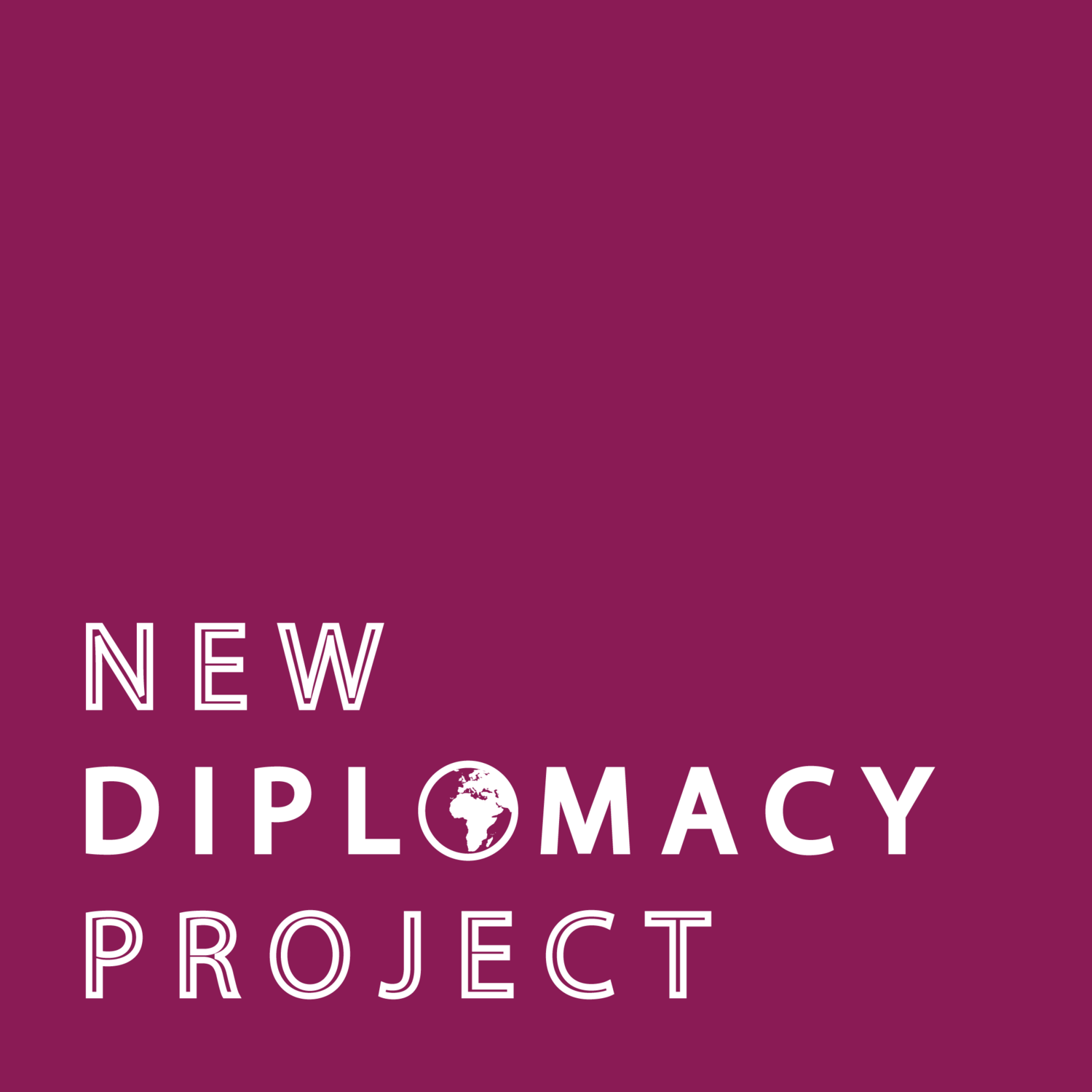
Briefings
We provide expert advice and analysis on the latest foreign policy developments.
The New Diplomacy Project publishes regular briefings that provide both detailed background and specific policy recommendations. These briefings are written by members of the executive committee alongside our network of researchers and policy specialists. Every paper is reviewed by external subject-matter experts. The views contained in them are those of the authors, not the New Diplomacy Project, our parliamentary supporters, or our advisory council.
Foreign policy responses to populism
Rising populist movements across the world have not only rewritten the rules of domestic politics, but increasingly influence foreign policy as well.
AUKUS: Security and foreign policy implications
Labour should welcome AUKUS in principle as a stabilising pact between liberal democracies, in a region which could experience rising tensions in coming years.
Closing the emissions loophole: The case for a carbon border tax
A UK carbon border tax (CBT) could kill two birds with one stone: reducing global carbon emissions while also reducing UK reliance on Chinese and Russian energy and metal imports.
Afghanistan: Troop withdrawal and Taliban takeover
The situation in Afghanistan is worsening by the hour. It reflects a catastrophic miscalculation of the capacity and legitimacy of the Afghan government, and the resilience of Afghan forces.
China’s rise: UK policy responses at home and abroad
Labour’s approach to China must move beyond a focus on foreign policy and human rights and particularly address domestic policy, with an emphasis on supply chains, resilient infrastructure and technological autonomy.
Labour’s energy policy: a foreign policy perspective
Decarbonisation provides an opportunity to revive and modernise the nation’s manufacturing base, while also ensuring strategic energy independence from China.
The IMF and Special Drawing Rights: An opportunity for the UK to drive the global Covid-19 recovery
The UK should use its current G7 presidency to devise a multilateral system, such as a fund, into which developed countries can channel their additional SDRs. That fund could then provide quick grants to countries in need.
Responding to the aid cuts
If the Written Statement tells us anything, it’s that the Foreign Secretary’s seven strategic priorities - and the Government’s own manifesto promises - are not exempt from the aid cuts.
Responding to the Integrated Review
While the ambitious scope and breadth of the Integrated Review can be commended, the lack of detail in many areas raises questions over both the feasibility and desirability of the approach it outlines.
The question of Palestine
For the last five decades, Israel’s occupation of the Palestinian territories - namely the West Bank, including East Jerusalem, and the Gaza Strip - has resulted in systematic human rights violations against Palestinian citizens.
Pitch a briefing
Are there particular foreign policy issues that you think we should be focusing on? Let us know!










